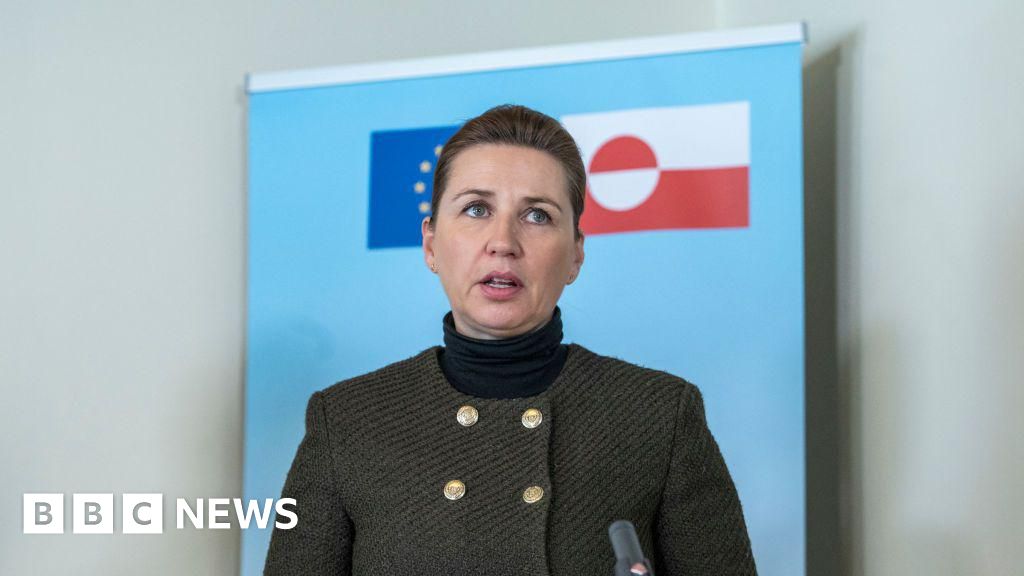Doctors Without Borders announced that more than 20,000 wounded remain in the Gaza Strip Gaza Yesterday, Wednesday, the first batch of wounded and sick people were transported from the Gaza Strip to Egypt via the Rafah crossing, at a time when work has currently stopped at the Turkish-Palestinian Friendship Hospital, which specializes in treating cancer patients in Gaza.
The humanitarian organization said in a statement that “more than 20,000 wounded are still in Gaza, with limited access to health care due to the siege and ongoing bombing” by the Israeli occupation army.
Doctors Without Borders explained that its 22 international staff were able to leave Gaza, demanding that a larger number of Gaza residents be allowed to leave “without additional delay and without prejudice to their right to return to Gaza later.”
According to an Egyptian official, 76 wounded Palestinians and 335 foreigners and dual nationals were able to leave the Gaza Strip yesterday, Wednesday, during the first evacuation operation allowed since the start of the Israeli aggression on Gaza 27 days ago.
The United Nations and many non-governmental organizations have previously warned of the catastrophic humanitarian situation in the small Palestinian enclave, which has a population of more than two million people.
Turkish Friendship Hospital
In this context, the World Health Organization announced the cessation of work at the Turkish-Palestinian Friendship Hospital, which specializes in treating cancer patients in the Gaza Strip.
This came in a blog post published by the organization’s Director-General, Tedros Adhanom Ghebreyesus, yesterday, Wednesday, on the “X” platform. Ghebreyesus called for “urgent support to save lives,” and stated that the hospital is currently out of service due to a lack of fuel and air strikes in its vicinity.
Last Monday, the Ministry of Health in Gaza announced that the Turkish-Palestinian Friendship Hospital was bombed by Israeli aircraft, a day after it bombed its surroundings, causing serious damage to it.
In turn, the Director General of the Turkish-Palestinian Friendship Hospital, Sobhi Skaik, stated – the day before yesterday, Tuesday – that the Israeli army had again targeted the hospital.
The Turkish government funded the construction of the hospital (2011-2017), which is one of the largest hospitals in Palestine and the only one for treating cancer patients in Gaza.
Generator stopped
The Indonesian Hospital, which constitutes the backbone of health services in northern Gaza, confirmed at dawn on Thursday that the main generator had stopped working permanently.
Medical sources confirmed that the main generator in the Indonesian hospital stopped working, putting patients in grave danger, according to the Palestinian News and Information Agency (Wafa).
She pointed out that the secondary generator was running in some departments, but the cessation of the main generator led to the electromechanical systems stopping working for the entire hospital, including the ventilation systems in the operating rooms, the hospital’s only oxygen station stopping, the power supply being cut off from the housing departments, and the refrigerators stopping working. Save the dead.
The Ministry of Health in Gaza stated that the death toll of Palestinian martyrs since the start of the aggression on Gaza had risen to 8,805.
Urgent appeal
Ministry of Health spokesman Ashraf Al-Qudra revealed that there are only hours left until the electrical generator stops in the Al-Shifa Complex and the Indonesian Hospital in the Strip.
He appealed to everyone who has any quantity of fuel to supply it to the Indonesian complex and hospital, according to Ma’an News Agency.
Al-Qudra sent “an urgent distress call to all our brothers from oil-producing countries to intervene urgently to supply the Al-Shifa Medical Complex and the Indonesian Hospital with fuel to save the lives of the wounded and sick.”
He also appealed to “all gas station owners and our people who have any quantity of fuel or know a place that has fuel to supply Al-Shifa Medical Complex and the Indonesian Hospital.”






